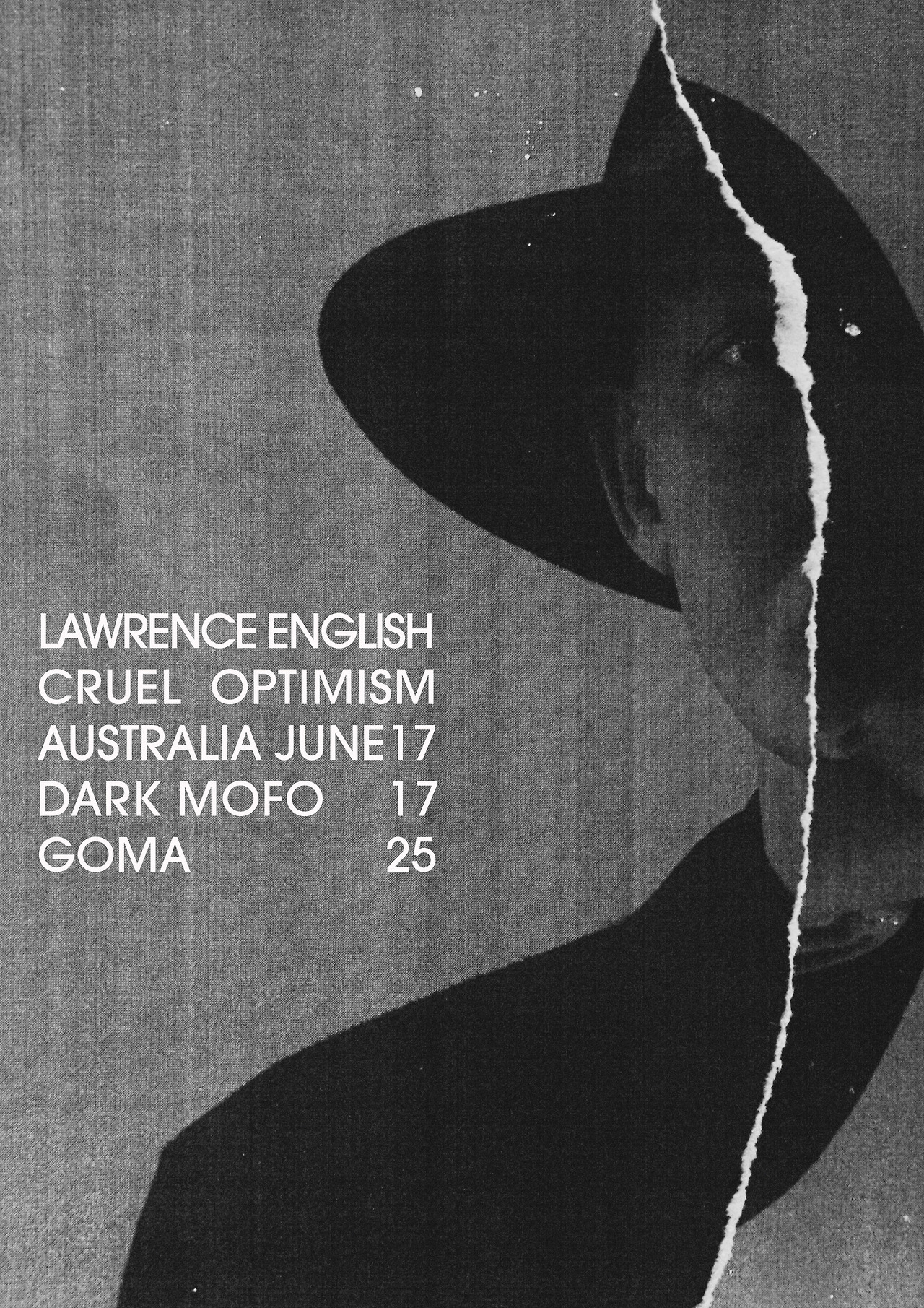

For example, in her critique of capitalism’s method of evaluating people based on productivity and success, Berlant clarifies that “Our cruel objects don’t feel threatening, just tiring” (31). While chapters one and two serve as extensions of Berlant’s introduction, they are highly textured in their readings and moments of clarity. In Marxian fashion, Berlant suggests that the fragmentation of genre and the rise of the impasse offer moments for individuals to recognize the ordinariness of crisis in neoliberal times as well as their own patterns of constant readjustment. Relating this notion to genre, Berlant explains that “Genres provide an affective expectation of the experience of watching something unfold … The waning of genre frames different kinds of potential openings within and beyond the impasse of adjustment that constant crisis creates” (6-7). As an alternative, Berlant offers the “impasse” as a moment of temporal slowness. This impulse to “manage,” as well as the “success” in doing so, grounds Berlant’s critique: what is cruel about contemporary life is our ability to slog through it hoping that as long as we do everything right things will get better. She writes that “it provides metrics for understanding how we pace and space our encounter with things, how we manage the too closeness of the world and also the desire to have an impact on it that has some relation to its impact on us” (12). In outlining her interest in generalization, Berlant claims that aesthetics calibrate us for our relation to the world. Aesthetics plays a large part in this process.

Referring emphatically to Fredric Jameson, Berlant views genre as ordering and making tangible the utter disorganization produced by capitalism. For these reasons, Cruel Optimism deserves praise beyond its general acclaim as a study of affect, for providing an affective methodology that engages with aesthetics and formal conventions.Ĭentral to Berlant’s argument is her claim that genre organizes historical moments and makes these moments more understandable and therefore easier to attach to. Berlant’s delicate balance throughout is itself an argument for the trifecta of affect studies, theoretical critique, and aesthetic appreciation. Cruel Optimism, while incredibly dense and complicated, is a productive marriage of three textual approaches: affect-oriented re-description, Marxist and biopolitical critique, and formalist aesthetic analysis. Berlant’s latest book develops this theme through a systematic study of desire and performativity, examining the links they provide to public and private (but still shared) affects.

In both works, Berlant points to the effort subjects expend to be good citizens and to pursue “the good life” as well as the failure of meaningful reciprocation from political or economic structures. Cruel Optimism is a fitting successor to The Queen of America Goes to Washington City and its argument that engaging with the nation and its monuments will offer insight or understanding is ultimately delusional. A Marxist-Feminist stance informs the central critique in Berlant’s readings of these relationships, which focus on the inevitably failed reciprocity between citizens and their interlocutors in neoliberal cultures. Defining cruel optimism as desiring what actually hinders one’s flourishing, Berlant charts the way that culture circulates and transmits affects that call us to associate in intimate public relationships that do not produce fair dividends. Berlant gets to this conclusion through an argument that describes the current living environment as ultimately cruel. vii + 342.Ĭruel Optimism ends with neither pure cynicism nor hope instead, Lauren Berlant offers ambient citizenship as a mode of “political action as the action of not being worn out by politics,” specifically, politics in an era that she describes as being in constant crisis (262). affect in the present - Cruel optimism - Intuitionists: history and the affective event - Slow death (obesity, sovereignty, lateral agency) - Two girls, fat and thin - Nearly utopian, nearly normal: post-Fordist affect in La Promesse and Rosetta - After the good life, an impasse: time out, human resources, and the precarious present - On the desire for the political.Cruel Optimism. |aIncludes bibliographical references (p.


 0 kommentar(er)
0 kommentar(er)
